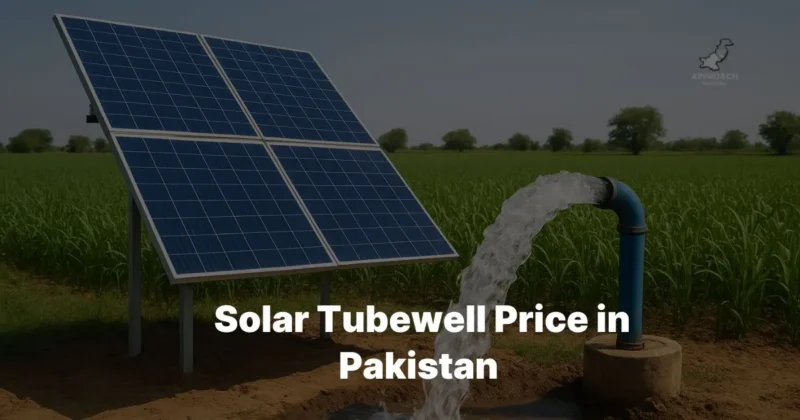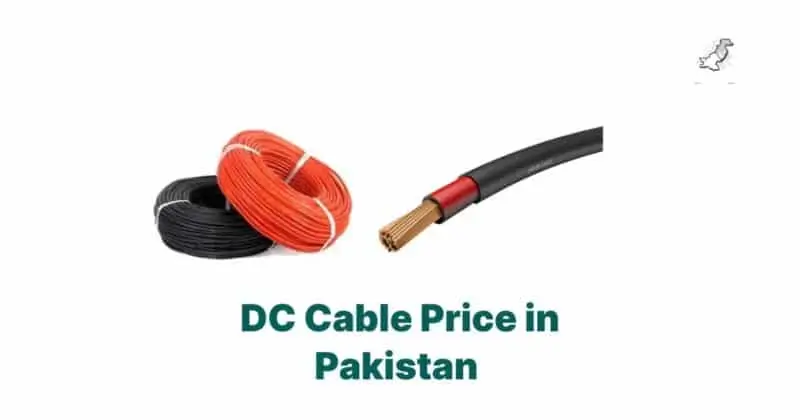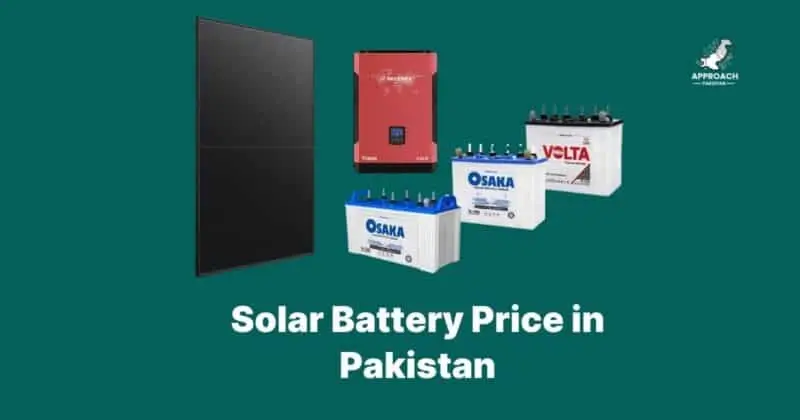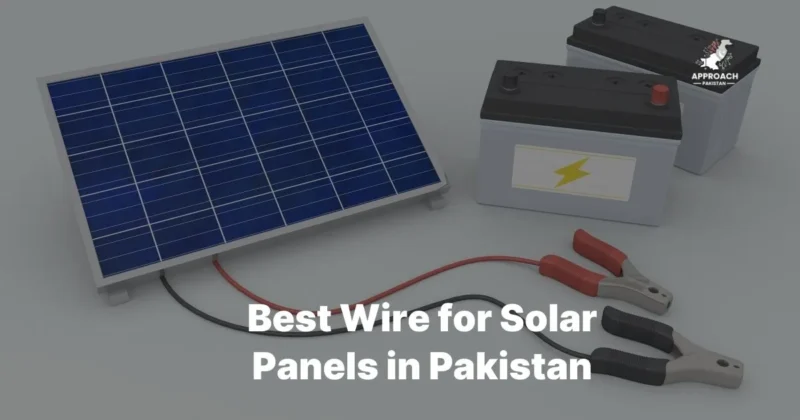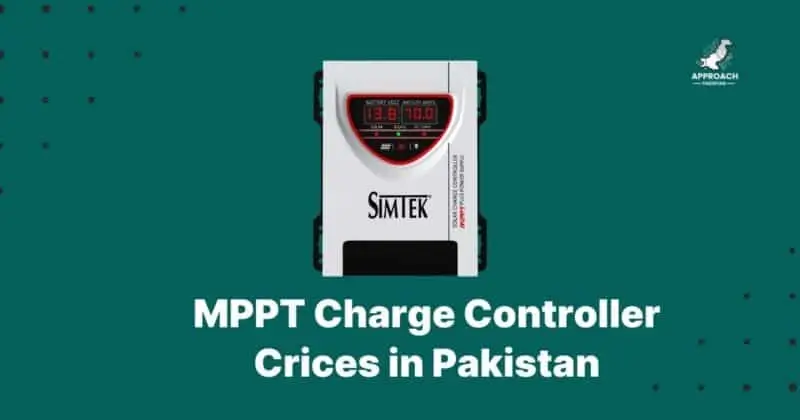Solar Stove Price in Pakistan | All Types & Brands 2025

Introduction to Solar Stoves in Pakistan
1.1 What is a Solar Stove?
A solar stove uses sunlight to cook food—no grid, no gas. Common types: box cookers, panel cookers, parabolic reflectors, 12 V DC electric, and solar induction.
1.2 Why Solar Stoves Are Essential in Pakistan (Power Crisis Context)
We know the pain: blackouts, surging bills, and endless generator fuel costs. A solar stove gives freedom—cook anytime, with predictable costs and no grid dependency.
1.3 Solar vs Traditional Cooking Methods
Solar cooking avoids gas refill costs and eliminates monthly electricity spikes. Plus, it’s emission-free and quiet—no open flame or noise from generators.
. Solar Stove Price Guide 2025
2.1 Current Market Prices
| Stove Type | Approx. Price (₨) |
| Box Cooker | 25,000 – 45,000 |
| Panel Cooker | 30,000 – 55,000 |
| Parabolic Cooker | 50,000 – 90,000 |
| Portable 12 V DC Electric | 60,000 – 100,000 |
| Solar Induction Cooker | 80,000 – 150,000+ |
2.2 Price Comparison by Brand
- Homage: Box 27–40k; Induction ~120k
- Gree: Panel 35–45k; Electric 75–95k
- Westpoint: Box 25–35k; Panel 32–50k
2.3 Budget vs Premium Options
Basic box stoves suit small families, cook slowly, and suit calm days. Premium induction cookers deliver fast heat, digital control, and sturdier build.
2.4 Regional Price Variations (Cities)
- Islamabad: Box ~₨32k; Induction ~₨145k
- Karachi: Box ~₨28k; Induction ~₨130k
- Lahore: Box ~₨30k; Induction ~₨140k
Types of Solar Stoves Available
3.1 Box Cookers – Features & Prices
Largest base-range models. Uses insulated box and glass lid. Cooks rice and stews slowly.
Prices: ₨25–45k; cooking time: 90–180 minutes; packed, no electrical parts.
3.2 Panel Cookers – Pros & Cons
Foldable sheet reflectors that focus sunlight on pot.
Lightweight, fits small kitchens, but needs frequent sun adjustment.
Prices: ₨30–55k; better for deserts, less ideal on cloudy days.
3.3 Parabolic Cookers – Best Uses
Dish-shaped reflector delivering high heat.
Fast cooking, ideal for pressure cooking, frying, grilling.
Prices: ₨50–90k; careful use needed—hot spots and safety gear essential.
3.4 Portable 12 V DC Electric Stoves
Runs off solar-charged battery + 12 V DC input.
Can cook anytime with stored energy.
Prices: ₨60–100k; ideal when sun scarce; needs solar panel + battery.
3.5 Solar Induction Cookers
AC induction cooker powered by solar inverter/battery setup.
Digital controls, high wattage (up to 2500W), fast heating.
Prices: ₨80–150k+; requires larger panel, battery, inverter.
Top Solar Stove Brands in Pakistan
4.1 Homage Solar Stoves
Box cooker ~₨27–40k, induction ~₨120k. Widely available parts. Known for national warranty.
4.2 Gree Solar Products
Panel and electric stoves 35–100k. Known for energy-efficient designs.
4.3 Westpoint Electric Stoves
Affordable box and panel options (₨25–50k), easy to find via Daraz.
4.4 RAF Appliances
Known for induction cookers with good features, ~₨100–140k.
4.5 Gaba National
Panel stoves and mid-priced 12 V units (₨45–80k). Good after-sales service.
4.6 Sunwork Store
Online-only brand offering box, panel, and induction cookers. Prices 30k–150k; bundles with panels + batteries.
Technical Specifications Guide
5.1 Wattage Requirements (1 kW–2.5 kW)
- Box/Panel cookers: no electricity
- Parabolic: ~1kW–1.5kW sunlight heat
- 12 V DC: ~600–900 W
- Induction: 1.5–2.5 kW (requires robust inverter & panels)
5.2 Solar Panel Compatibility
- Box/Panel/Parabolic: direct sunlight
- 12 V DC: 100–200 W panels with battery
- Induction: 500–1000 W panels via MPPT inverter
5.3 Battery Operation Features
12 V DC and induction need deep-cycle batteries (100Ah+), MPPT controller, inverter. Adds ₨50–100k to system cost.
5.4 Temperature Ranges & Cooking Times
- Box: 60–90°C, 90–180 min
- Parabolic: 150–200°C, 15–45 min
- Induction: 200–240 °C, 5–30 min
Buying Guide & Factors to Consider
6.1 Household Size & Capacity Needs
1–3 people: basic box/panel.
4–6: parabolic or induction.
TIP: Choose ≥10% over capacity for flexibility.
6.2 Budget Considerations
Box/panel kits ~₨30–50k. Induction systems 90k+ (including panels/batteries). Use EMI/offers for affordability.
6.3 Portability Requirements
Panel/box are lightweight. Parabolic bulkier. Induction tied to heavier battery and inverter.
6.4 Warranty & After-Sales Service
Look for 1–2 years warranty. Ask about panel, inverter, battery, and stove coverage plus local support.
Where to Buy Solar Stoves
7.1 Online Marketplaces (Daraz, OLX)
Prices competitively listed. Look for verified sellers, review photos, and ask about hidden charges.
7.2 Local Markets & Stores
Major cities: solar/appliance markets offer demo units and bargaining. You can inspect physically.
7.3 Authorized Dealers by City
Cities like Karachi, Lahore, Islamabad have branded dealers. Ask for after-sales agreements and installation service.
7.4 Import Options
Importers bring induction or parabolic cookers from China. Check customs clearance and voltage compatibility.
Installation & Usage Tips
8.1 Solar System Requirements
Induction needs 1000 W solar panel, 200–300Ah battery, MPPT inverter. Box/panel setups need no wiring.
8.2 Best Solar Panels for Stoves
Monocrystalline panels work best. Choose panel kits sized 20–50% above stove wattage to cover inefficiencies.
8.3 Inverter Compatibility
Pure sine-wave, 1.5–2 kW inverter needed for induction. Cheaper modified sine-wave units cause heating issues.
8.4 Safety Guidelines
Wear gloves around parabolic stoves. Keep stove away from flammable items. Use battery boxes and fuse protection.
Cost-Benefit Analysis
9.1 Long-Term Savings Calculator
Example: Family uses 200 units/month. At ₨40/unit = ₨8,000. Solar induction could cut bill to ₨2,000.
Installed cost (₨300,000) → payback ~3 years.
9.2 ROI on Solar Cooking
Box stoves pay for themselves in about 2 years. Induction in 3–4 years depending on usage.
9.3 Government Subsidies & Incentives
Punjab offers limited solar subsidies (₨20,000–50,000). Check provincial energy department sites for up-to-date plans.

